On May 28, 2025, PHOENIX took part in the e-Governance Conference in Tallinn, one of Europe’s most prominent events dedicated to democratic innovation and digital transformation. In a panel moderated by Giovanni Allegretti, the project shared key insights from its work across 11 pilot territories, reflecting on how to strengthen democratic responses in the face of environmental, political, and social crises.
The presentation began by addressing the core challenge PHOENIX was built around: ecological transition is unlike other areas of policy. It is deeply complex, crosses multiple sectors, and requires both individual and collective changes in lifestyle and values. What’s more, this transition is unfolding in a context of widespread distrust in political institutions, a fragmented governance landscape, and increasing polarization in public discourse. From the outset, PHOENIX aimed to test whether it was possible to build enriched participatory processes — models that go beyond traditional consultation by enhancing deliberative quality and systemic inclusion.
To meet this challenge, PHOENIX adopted a locally rooted yet structurally flexible approach. Through its Territorial Co-Design Commissions (TCCDs), the project studied each context in detail and co-developed the starting topics with communities — identifying concrete and emotionally resonant issues such as wildfires, urban green spaces, or access to water. In times of crisis, participation can feel abstract unless it speaks directly to people’s lived experiences. This is why PHOENIX focused on anchoring participation in local realities while maintaining a European perspective.
One of the core messages that emerged from our pilots was the need to reconnect ecological goals with local economic viability. As people in the Portuguese-Spanish border region of Gata-Malcata put it: “Let’s make our numbers work.” Citizens are willing to contribute to collective goals — but only if the policies proposed can realistically support livelihoods, job creation, and territorial sustainability. This also ties into a broader debate: how can the European Green Deal become not just a top-down environmental strategy, but a truly inclusive development policy?
Technology, too, has played a complex role in this process. While digital tools have great potential to increase accessibility, they can also reinforce divides and accelerate disinformation. PHOENIX responded by experimenting with a hybrid ecosystem of participation — combining in-person deliberation with AI-driven analysis, online platforms, creative methods like gaming (as in Iceland), and anonymization tools (as in Hungary). The goal was not to digitize participation for its own sake, but to make it more engaging, inclusive, and adaptable to diverse needs.
As PHOENIX looks toward its final conference in Brussels, the project’s experience offers a clear message to policymakers: the true return on investment in participation is trust. In an era of democratic fragility, participatory processes help create spaces for peer-to-peer exchange, co-produced knowledge, and resilient democratic cultures. These processes may not guarantee consensus, but they reduce polarization, counter disinformation, and create the groundwork for more durable public policies.
Finally, PHOENIX has confirmed an essential truth: we cannot build the future alone. Transformative participation depends on networks, alliances, and shared tools. Beyond the outputs of each pilot, the project has seeded new institutional collaborations, methods, and platforms for the future. Today, it’s not purity of vision that matters most — it’s the strength of the ties we build. And PHOENIX is proud to have strengthened many of them across Europe.
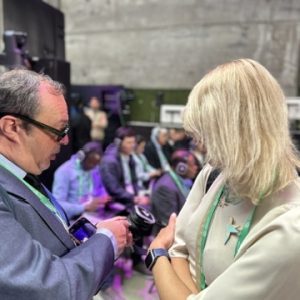
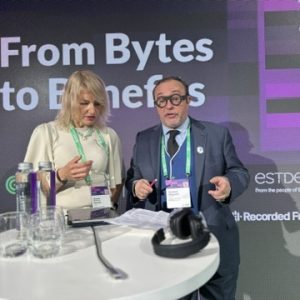
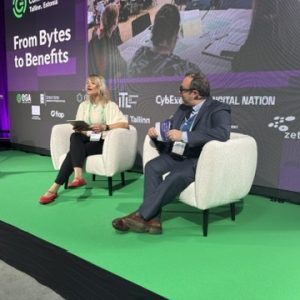
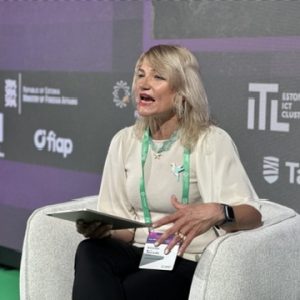
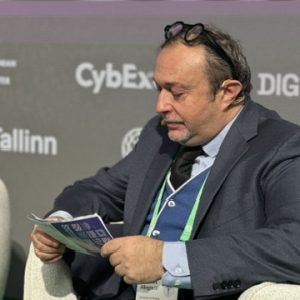
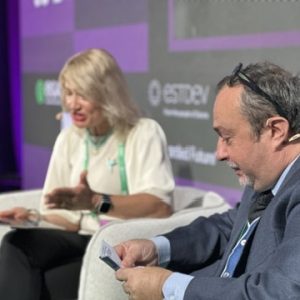
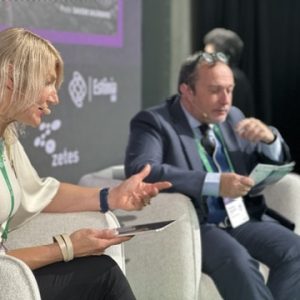

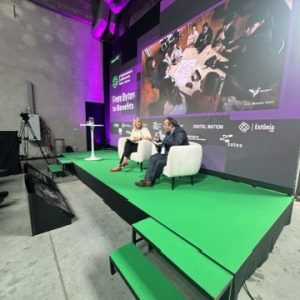
Follow us on: